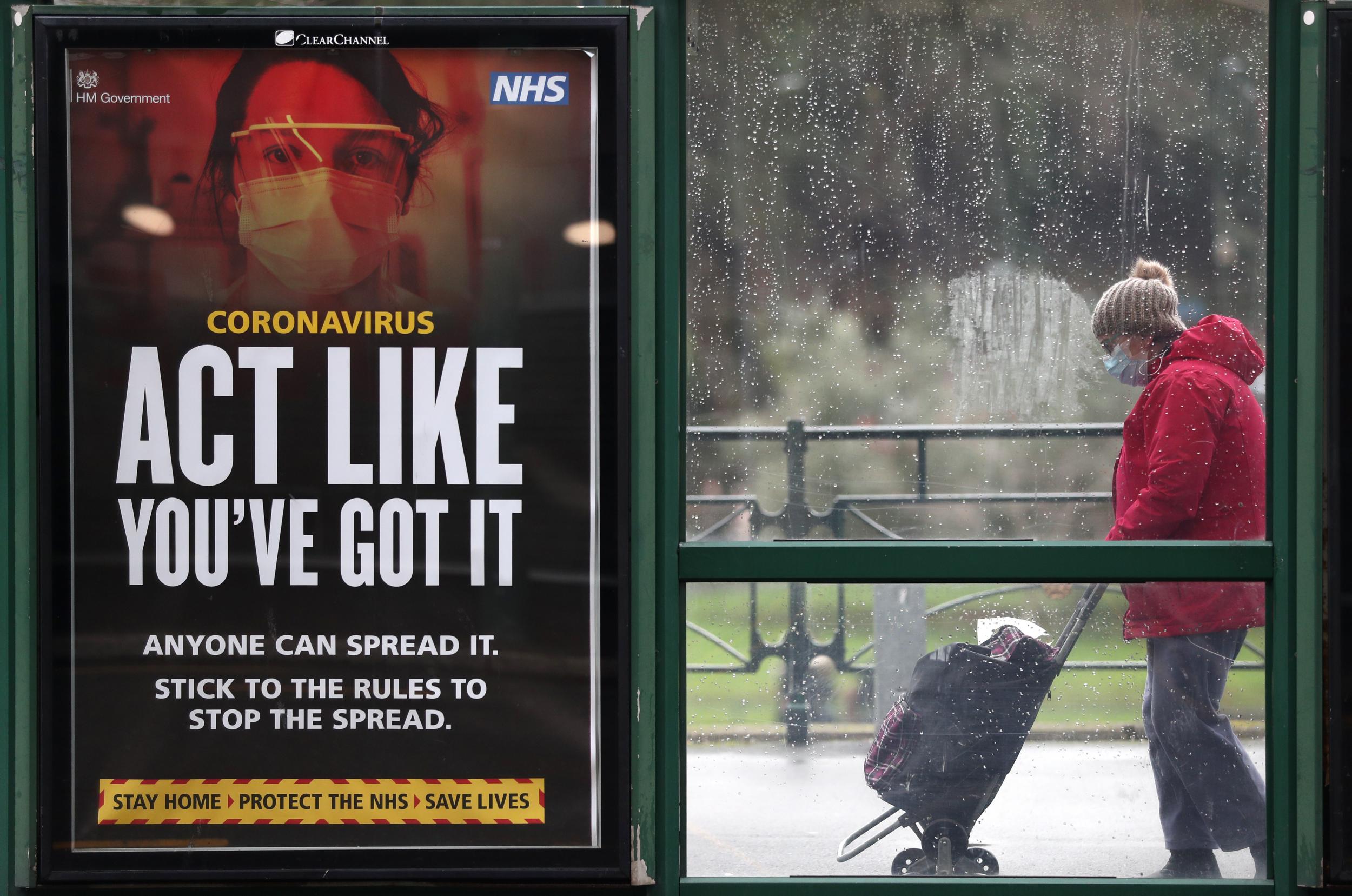‘Third of bus services could be cut within weeks’ without emergency government funding
There are fears some routes may be lost forever

Almost a third of bus services could be cut within weeks without urgent government funding, a group representing UK bus and coach operators has warned.
There are fears some services will be lost forever as bus companies struggle with fewer passengers because of the pandemic.
The government has been urged to extend emergency support. The Department for Transport’s Bus Recovery Grant provided more than £1.7bn to help keep commercial bus operators afloat during the Covid crisis.
But this is set to expire at the end of the financial year on 5 April and there have been no guarantees the funding will continue.
Without it, services face being slashed by 30 per cent, according to industry body the Confederation of Passenger Transport.
Jonathan Bray, director at the Urban Transport Group, which represents transport authorities, said he is “already beginning to see bus operators signal that some services will be stripped back or cut altogether”.
He urged the government to “allow time for patronage to recover further and for local transport authorities to focus their efforts on recovery”.
Latest DfT figures show bus use in Britain is around 23 per cent below pre-pandemic levels.
Before the Covid crisis, commuting accounted for roughly a third of bus travel.
The shift towards home working means that even though restrictions have been lifted, many journeys are not being made.
Services risk being lost “unnecessarily” if passenger numbers are not given “a fair shot at recovery”, according to Silviya Barrett, head of policy and research at lobby group Campaign for Better Transport.
She said: “Extending this vital funding in the short term can give us a greener, fairer transport system in the long term.”
David Renard, transport spokesman for the Local Government Association, which represents councils, said closing bus routes would have a “devastating impact” on people who need to get to work, visit family and access vital services.
“Greater usage of public transport helps to alleviate congestion and reduce harmful emissions in our communities,” he said. “Saving bus services is good value for money for the government.”
A DfT spokesperson said: “The government has provided an unprecedented £1.7bn in support to over 160 operators to keep services running during the pandemic, and we’re working closely with the sector to understand the potential challenges and mitigations once it ends in April.”
Join our commenting forum
Join thought-provoking conversations, follow other Independent readers and see their replies
Comments
Bookmark popover
Removed from bookmarks